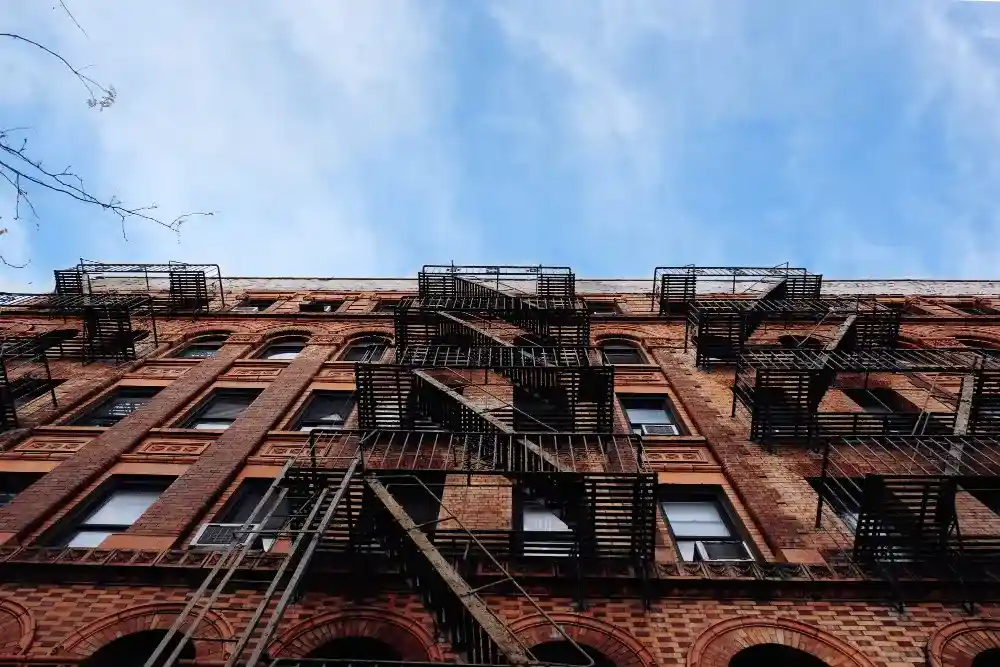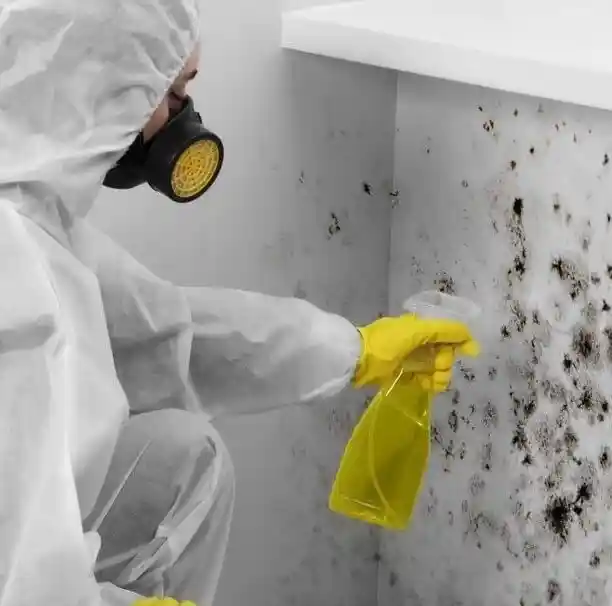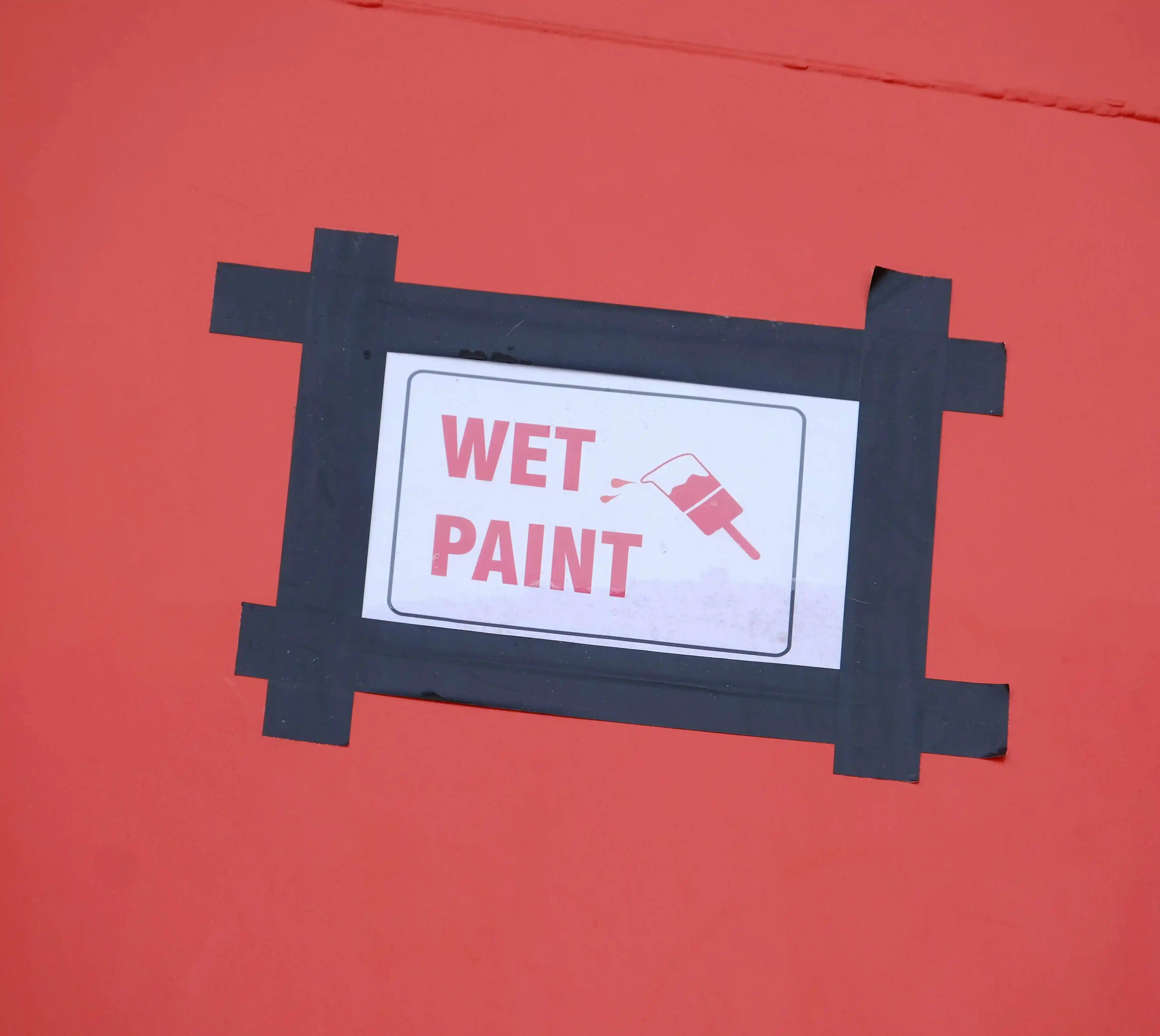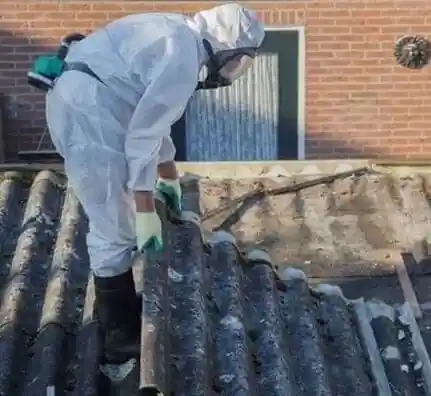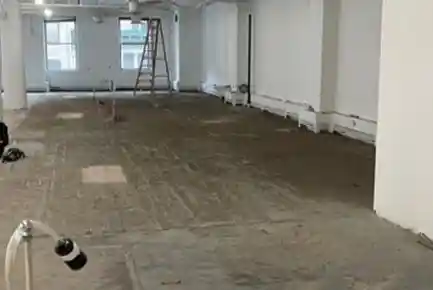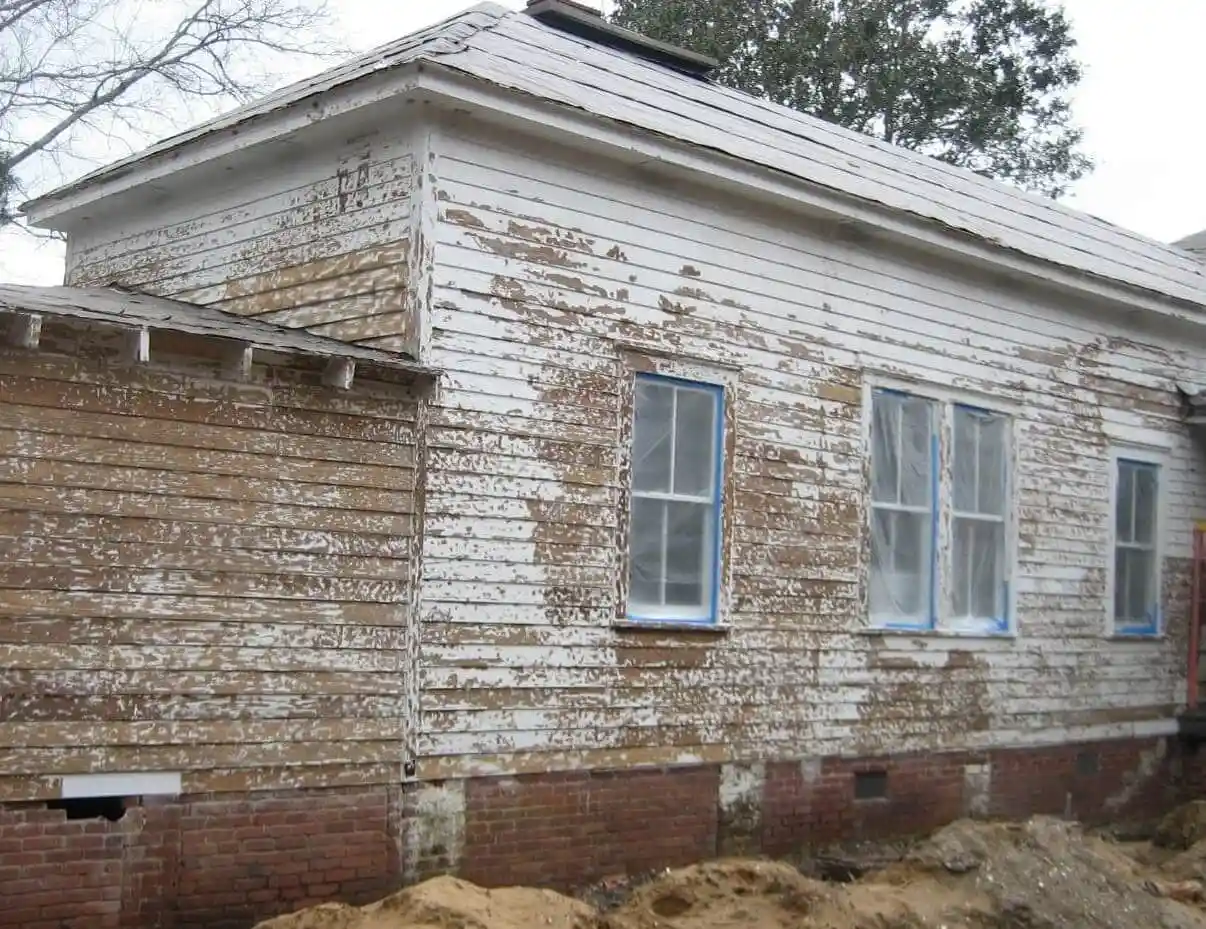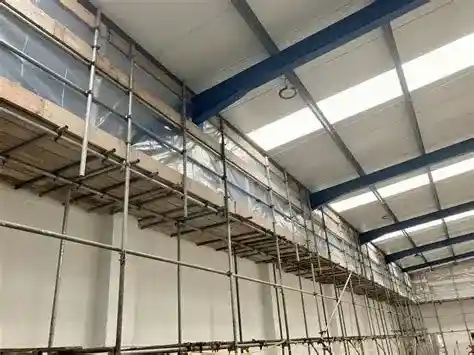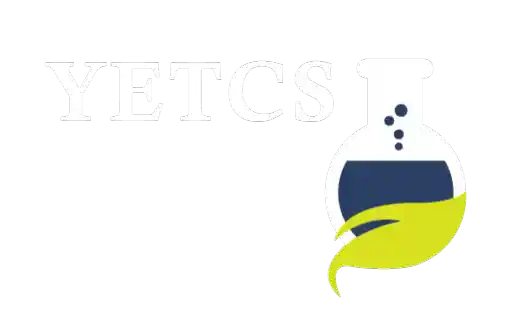The Hidden Dangers of Asbestos: Are You at Risk in Your Brooklyn Property?
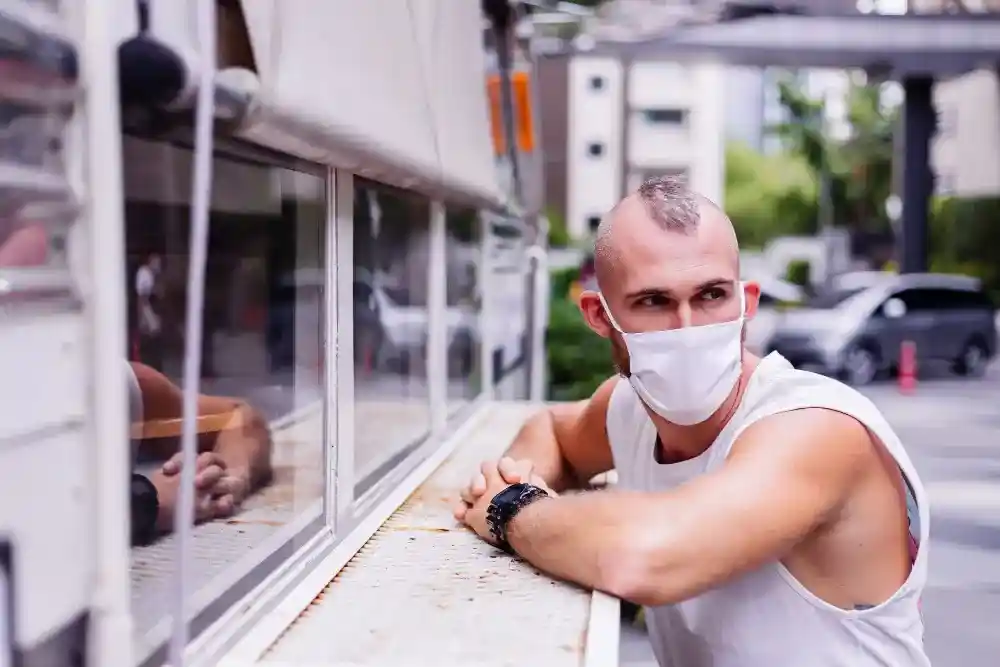
If you’re a homeowner, landlord, or renter in Brooklyn, there’s a real possibility your property could be hiding something you can’t see—but that could seriously impact your health. Hazards like asbestos, lead paint, or hidden mold are common in older buildings and can pose serious risks if left unchecked.
At YETCS Environmental, we specialize in identifying and addressing environmental risks in residential properties across Brooklyn — from Park Slope to Greenpoint, and everywhere in between. While we don’t perform asbestos removal ourselves, we’re big believers in awareness and prevention. Because with asbestos, what you don’t know can hurt you—and knowledge truly is power.
We’ll explore what asbestos is, where it could be hiding in your home, and the steps you can take to keep your household and visitors safe. When it comes to asbestos, being informed is your best protection.
What Is Asbestos?
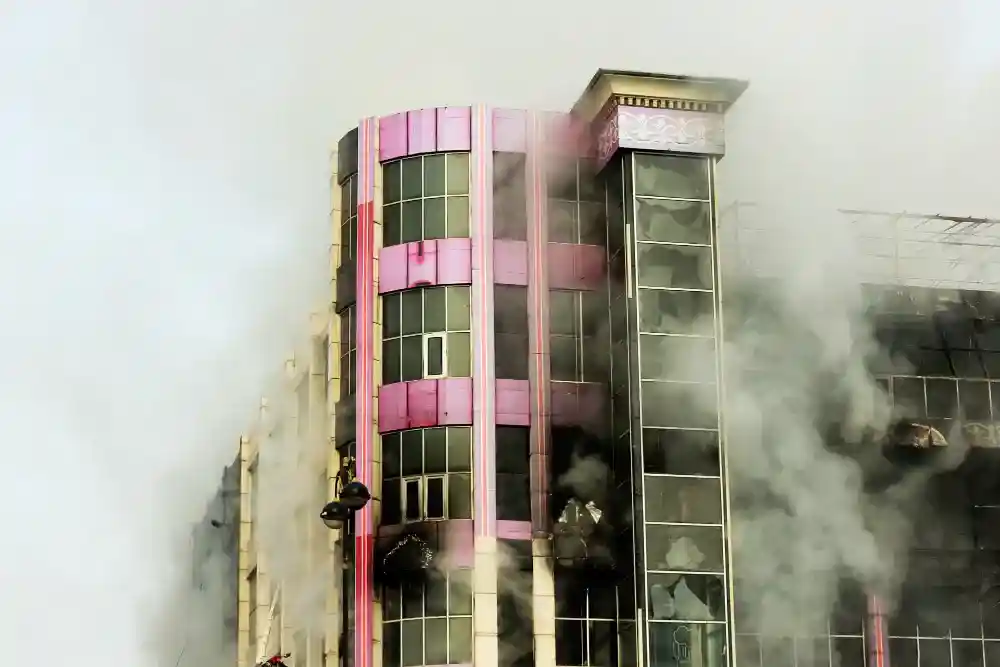
Asbestos is a naturally occurring mineral that was heavily used in construction due to its strength, heat resistance, and insulating properties. Before regulations changed in the 1980s, it was commonly found in materials like insulation, floor and ceiling tiles, roofing products, and other building components—often hidden from plain sight.
- Insulation (especially around pipes and boilers)
- Floor tiles and the adhesive beneath them
- Ceiling textures (like “popcorn ceilings”)
- Roofing and siding materials
- HVAC duct insulation
- Older window glazing or caulking
While modern building codes have largely phased out asbestos use, many older Brooklyn buildings still contain these materials — especially in neighborhoods like Cobble Hill, Carroll Gardens, and Fort Greene, where pre-war architecture is abundant.
Why Is Asbestos Dangerous?
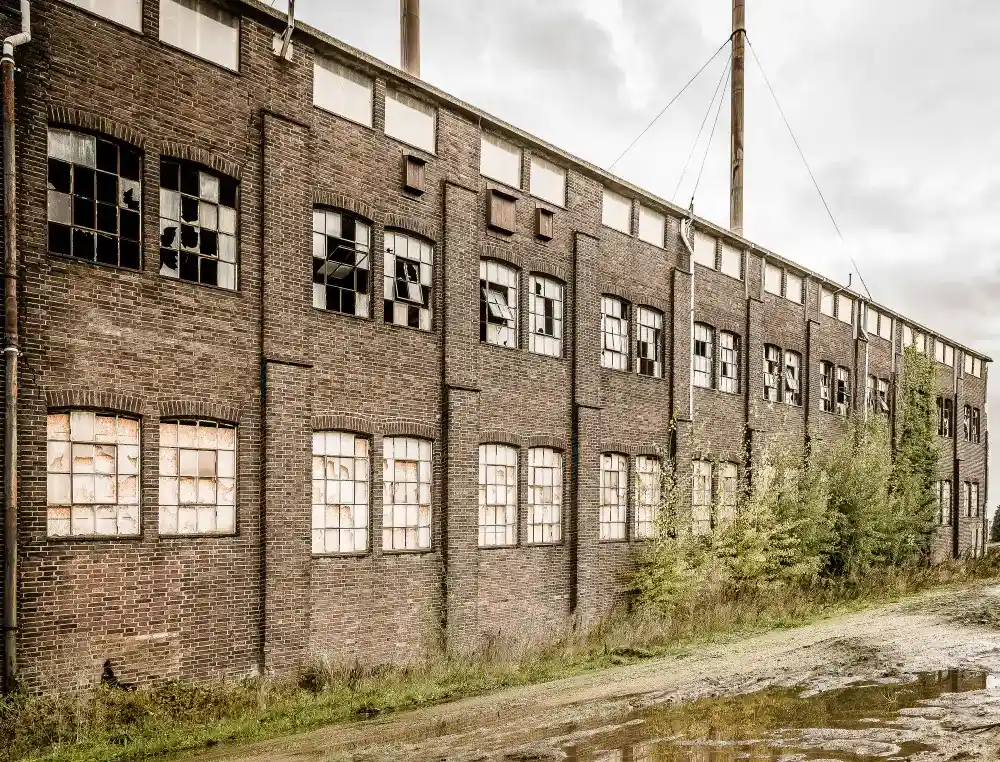
Here’s the thing: asbestos isn’t hazardous just because it’s present—it becomes dangerous when it’s disturbed. When materials with asbestos are cut, broken, or mishandled, they can release tiny fibers into the air—so small you won’t see them or even know they’re there. But once you breathe them in, those fibers can settle deep in your lungs and quietly cause serious health problems over the years.
Breathing in these fibers over time can lead to serious long-term health problems, including:
- Asbestosis – A chronic lung condition caused by asbestos fibers, leading to scarring and long-term breathing difficulties.
- Lung Cancer – Risk significantly increases with asbestos exposure, particularly among smokers.
- Mesothelioma – A rare, aggressive cancer that develops in the lining of the lungs or abdomen, almost always linked to asbestos exposure.
These health issues often don’t show up until decades after exposure, which is why many people don’t realize the harm until it’s far too late. That’s exactly why early awareness and taking preventative steps are so important—it’s the best way to protect yourself before the damage is done.
Who Is at Risk in Brooklyn?
Many homes built prior to 1980 likely contain asbestos in building materials, so it’s important to have a certified inspection done before beginning any repairs or remodeling. That means:
- Homeowners renovating older kitchens or bathrooms
- Landlords preparing units for new tenants
- Contractors doing demolition or remodeling work
- Families living in homes with deteriorating materials
Even small DIY jobs — like removing old flooring or patching a ceiling — can release harmful fibers if proper precautions aren’t taken.
How Do You Know If You Have Asbestos?
You can’t tell if a material contains asbestos just by looking at it. The only way to know for sure is through professional testing by a licensed inspector.
If you suspect your property may contain asbestos, especially during a renovation or cleanup project, do not disturb the material. Rather than taking chances, it’s best to consult a certified asbestos inspection service for peace of mind. They can safely test your property, identify any hazards, and guide you through the proper next steps based on your specific situation.
We always recommend getting a professional assessment before starting any major cleaning or renovation job — especially in older Brooklyn properties.
How to Stay Safe
Here are our top tips for protecting yourself and your family from asbestos exposure:
- Treat unknown materials as potentially asbestos-containing — especially in homes built before the 1980s.
- Avoid disturbing anything you suspect may contain asbestos — avoid sanding, scraping, or drilling until inspected.
- Hire a licensed asbestos inspector if you plan to renovate.
- Work with certified professionals for any removal or abatement.
- Keep materials intact and undisturbed if removal isn't necessary.
Why This Matters for Brooklyn
Brooklyn is filled with beautiful, historic buildings — many of which were constructed during the peak of asbestos use. Whether you live in a charming brownstone, a converted warehouse, or an older apartment building, understanding the risks is essential.
Knowledge helps prevent unnecessary exposure. At YETCS Environmental, we’re experts in deep cleaning and visible sanitation—but we always urge our clients to look beyond what meets the eye. Whether you're preparing for new tenants, settling into a new home, or beginning a renovation, true peace of mind comes not just from what you can see, but from knowing the hidden areas behind walls and ceilings are just as safe and clean.
Need Help Assessing Your Space?
If you're gearing up for a renovation, preparing a rental for new tenants, or simply curious about your home's past, it's a good idea to bring in a certified asbestos inspector before kicking off any major work. It’s a simple step that can help you avoid costly surprises and keep everyone safe.
A professional assessment can help you avoid costly mistakes—and keep everyone in the space safe.
While we don’t offer asbestos removal services at YETCS Environmental, we’re happy to connect you with trusted partners who do — so you can move forward safely and confidently.
Final Thoughts
Asbestos may be hidden in your walls, floors, or ceilings — but awareness is your best defense. By taking the right precautions, you can protect your health, preserve your property, and ensure your Brooklyn home remains a safe place for everyone who lives there.
Stay informed. Stay safe. And let us help keep your space clean — and as healthy as possible.
